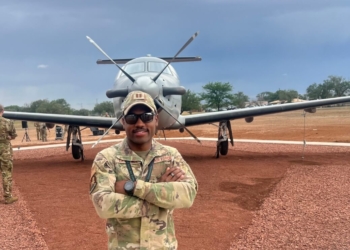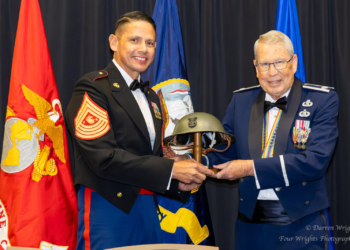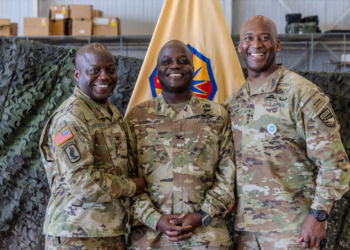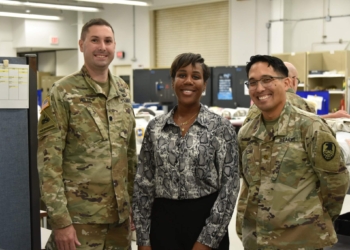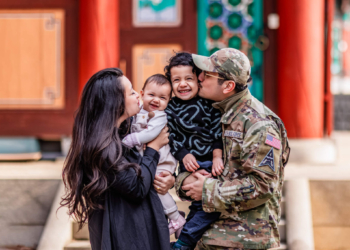The day “don’t ask, don’t tell” was repealed, Maj. Gen. Tammy Smith expected to catch the eye of someone who might give a knowing glance of appreciation and acceptance.
“I was actually in Afghanistan on the day that repeal occurred,” Smith said, “and I just remember I woke up that day, and it was like a burden had been lifted.”
Looking back, Smith said she realizes “how perfect” the response – or lack thereof – at Bagram Air Base was because it was just another day.
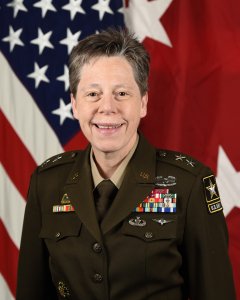
Smith, special assistant to the Assistant Secretary of the Army for Manpower and Reserve Affairs, became the first openly gay officer in 2012 following the act’s repeal the year prior.
But before that, Smith – who is retiring June 1 after a 35-year career – said she had to keep her personal and military lives independent of one another.
“What you found was, you lived your life with literally these two separate sets of friends or people in your life … It was this huge, huge burden of keeping a secret of just what your life was,” Smith said.
The toughest time to maintain that separation was in 2004, when she met her now-wife, Tracey Hepner-Smith.
“It became so hard to keep her a secret because now the very best thing in my life that I wanted to talk to my coworkers and friends about, I couldn’t,” Smith said.
Fast forward eight years, with DADT repealed, Smith and Hepner-Smith made their relationship public.
“What changed was [we got] married in March 2012, then in May 2012, I got informed I had been selected for brigadier general,” Smith said. “That changed for us because we were paying attention to all this. We knew of no other flag or general officer who had come out on record as being in a same-sex relationship or providing insights into their orientation. So, it was a timing thing.”
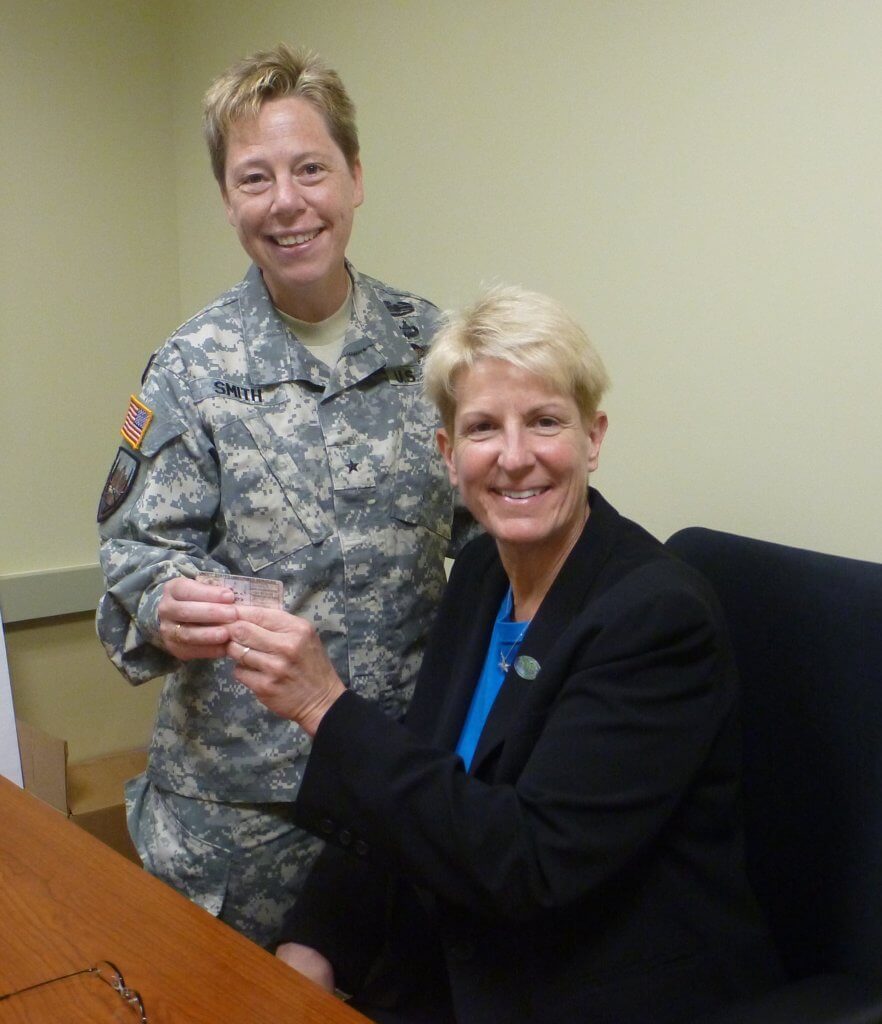
Army values and her role as a leader prompted Smith to be intentional about using her position to speak on tolerance and diversity in the military.
“I felt a leader’s responsibility that, if this was my family – and I’m not ashamed of my family – then I shouldn’t unintentionally signal that anybody else should be ashamed of their family,” Smith said.
And people responded.
“The experience was so positive what we ended up doing was simply not shying away from those invitations to speak and be present and represent ourselves as a military family in this new way,” Smith said.
In taking that approach, Smith said she helped others become more comfortable discussing inclusion. Under DADT and similar policies, according to Smith, open discussion was prevented, even for allies and supporters. But once DADT ended, support was more visible.
“It gave people permission to also speak up and talk about inclusion, talk about their families and people they knew,” Smith said.
Now, she said, there are field grade officers and senior non-commissioned officers who “never had to hide their life.”
“They have no idea what it would be like to live that compartmentalized life in the military, and I just think that’s cool,” Smith said.
Going forward, Smith said, she wants to see the “badass young women” who are getting into combat arms continue to progress in an area that didn’t exist for her 35 years ago.
“They’re crushing it,” Smith said. “So I want the military, and the Army in particular, to keep the focus on that cohort of young people going through that experience now.”
Read comments


















